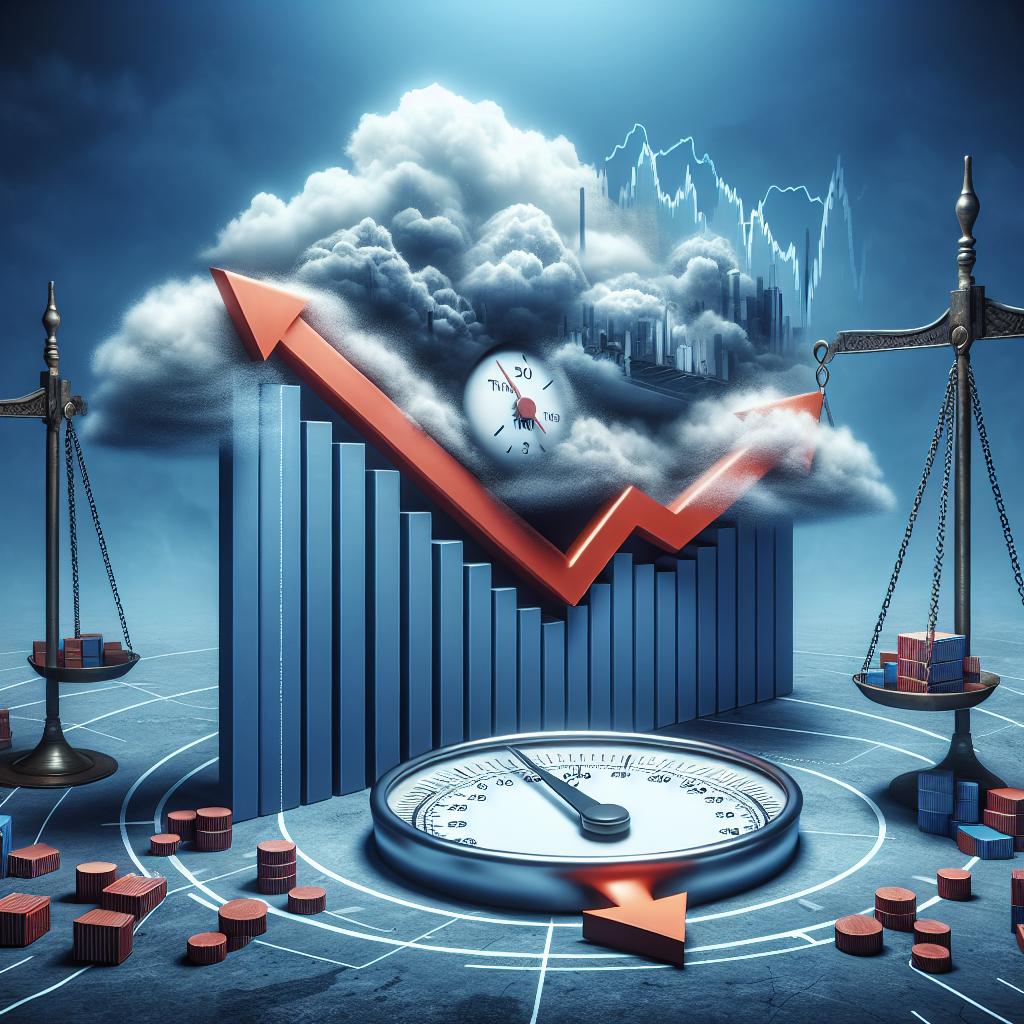Are Tariffs Pushing Us Toward a Recession? Here’s How to Tell
Are Tariffs Pushing Us Toward a Recession? Here’s How to Tell
Understanding Tariffs and Their Economic Impact
Tariffs, essentially taxes on imports, are often used as a tool to protect domestic industries. However, their broader economic impact can be complex and far-reaching. This article explores whether current tariff policies are nudging the economy toward a recession.
Key Indicators of Economic Health
To assess the potential impact of tariffs on the economy, it’s crucial to monitor several economic indicators:
- GDP Growth: A slowdown in GDP growth can signal economic distress.
- Consumer Spending: Tariffs can lead to higher prices, reducing consumer purchasing power.
- Business Investment: Uncertainty from trade policies may deter businesses from investing.
- Employment Rates: Industries affected by tariffs might reduce hiring or lay off workers.
Current Economic Trends
Recent data suggests mixed signals regarding the economy’s trajectory:
- Some sectors report robust growth, while others face challenges due to increased costs.
- Consumer confidence remains relatively stable, but there are concerns about future spending.
- Business investments show signs of caution, reflecting uncertainty in trade policies.
Expert Opinions
Economists are divided on the long-term effects of tariffs:
- Some argue that tariffs could lead to a recession by disrupting global supply chains and increasing costs.
- Others believe that the economy is resilient enough to withstand these pressures without a significant downturn.
Conclusion
While tariffs have the potential to impact economic stability, the current data presents a mixed picture. Monitoring key economic indicators will be essential in determining whether tariffs are indeed pushing the economy toward a recession. Policymakers and businesses must remain vigilant and adaptable to navigate these uncertain times.






































